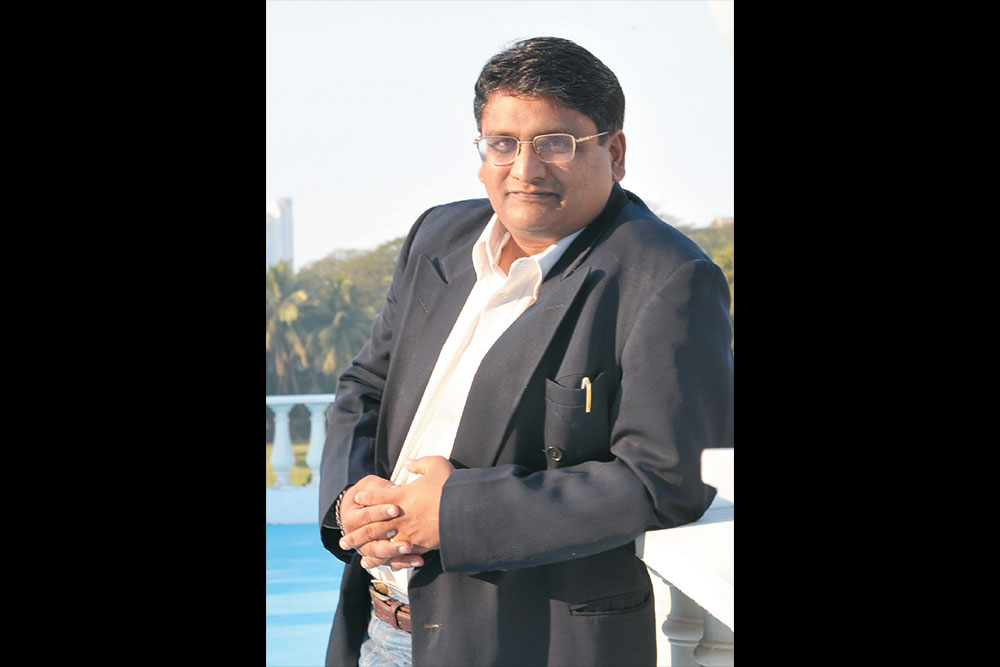 Richard Branson’s Screw Business As Usual is written in first person in his signature racy style, yet not as racy and peppy as his earlier books. It’s more an encouraging pat for those he believes are making a difference to Earth and its species, including humans and, for some, a clear plug.
Richard Branson’s Screw Business As Usual is written in first person in his signature racy style, yet not as racy and peppy as his earlier books. It’s more an encouraging pat for those he believes are making a difference to Earth and its species, including humans and, for some, a clear plug.
The book explores the next big frontier where the boundaries between work and higher purpose are merging into one, where “doing good” is good for business. It begins with Capitalism 24902 and ends with a chapter on Power of Communities and is a long read. Capitalism 24902 conveys that every single person on earth is responsible for taking care of the 24902 circumference miles of our planet.
Branson relates several endeavours, some of which his Virgin Group has been involved with. Many of these are fascinating: one is about an enterprising Indian, Gyanesh Pandey, who creates eco-friendly and cheap electricity from a waste product — rice husk — for villagers in Bihar. Another is of an American of Indian origin, Jigar Shah, who created SunEdison for solar energy services. A third talks about Chris Kilham, an ethobotanist described by The New York Times as “part David Attenborough, part Indiana Jones”. Kilham went from being a hippie with a passion for yoga and yogurt to unlocking the health secrets that plants hold — one of his early trips was to India to locate exotic plants mentioned in ancient manuscripts. He met up with witch doctors, shamans and ordinary people who used these plants as medicines and herbal remedies. This resulted in ‘The Shaman’s Pharmacy’, a holistic health study course.
Of course, many of Branson’s references gave me a sense of plugging, especially of US-based Wal-Mart and GE’s efforts to control emissions. The US is one of the biggest polluters and yet is not a signatory to the UN Climate Protocols of Kyoto. The Copenhagen effort too was thwarted after being dominated and bullied by the US.
‘Gaia Rocks’ is an absorbing chapter. Gaia is the Greek goddess of Earth and is the name given by James Lovelock to his theory of Earth being alive and, therefore, a living organism that can enjoy good health or suffer disease. He relays bad news that the Earth is seriously ill and will soon lapse into a coma that will last for 100,000 years. He cries, “We are destroying our own home. With every species and habitat we destroy we are upsetting the balance of Gaia.” Branson adds, “So why worry about lemurs, sharks, tigers, elephants and parks when we have so many other issues in the world? How we treat the world is a reflection of our humanity, our intelligence, our conscience, and, ultimately, our very survival.”
Branson’s personal mantra for success has always been: have passion for what you do, believe in yourself and your product and customer, persevere, delegate, listen and have fun. To all of this he has added “do good”. You’d do good by buying this book — but you’d do even better by simply borrowing it from a library, like I have done.
—Gaurav A Parikh is MD, Jeena Scriptech Alpha Advisors











